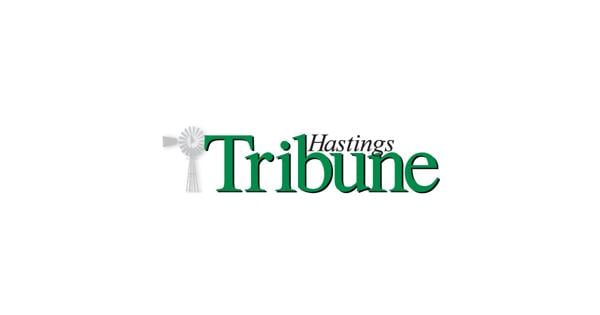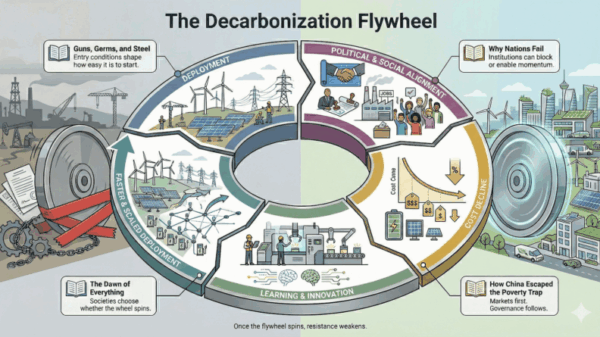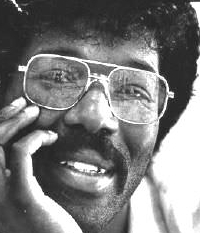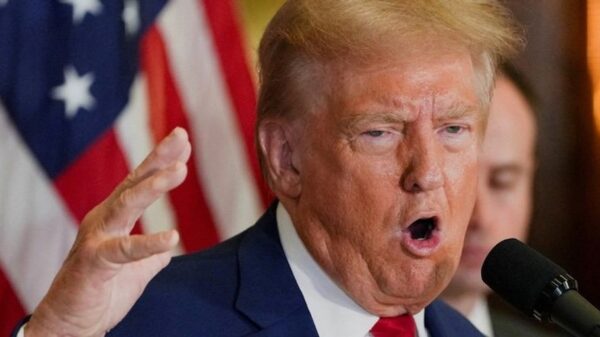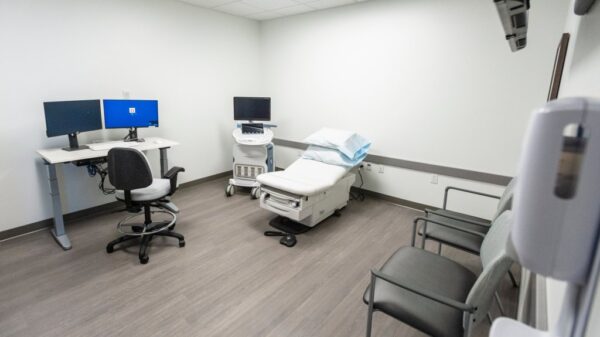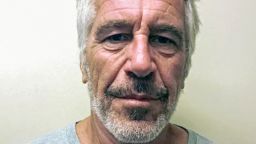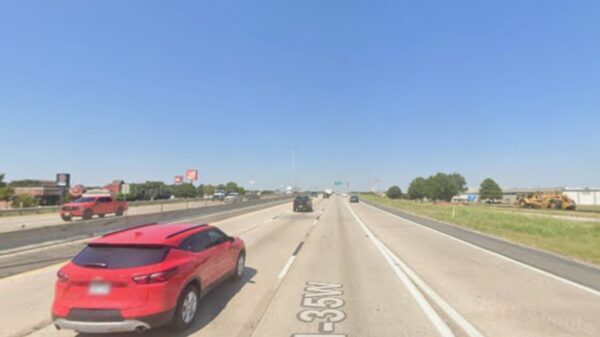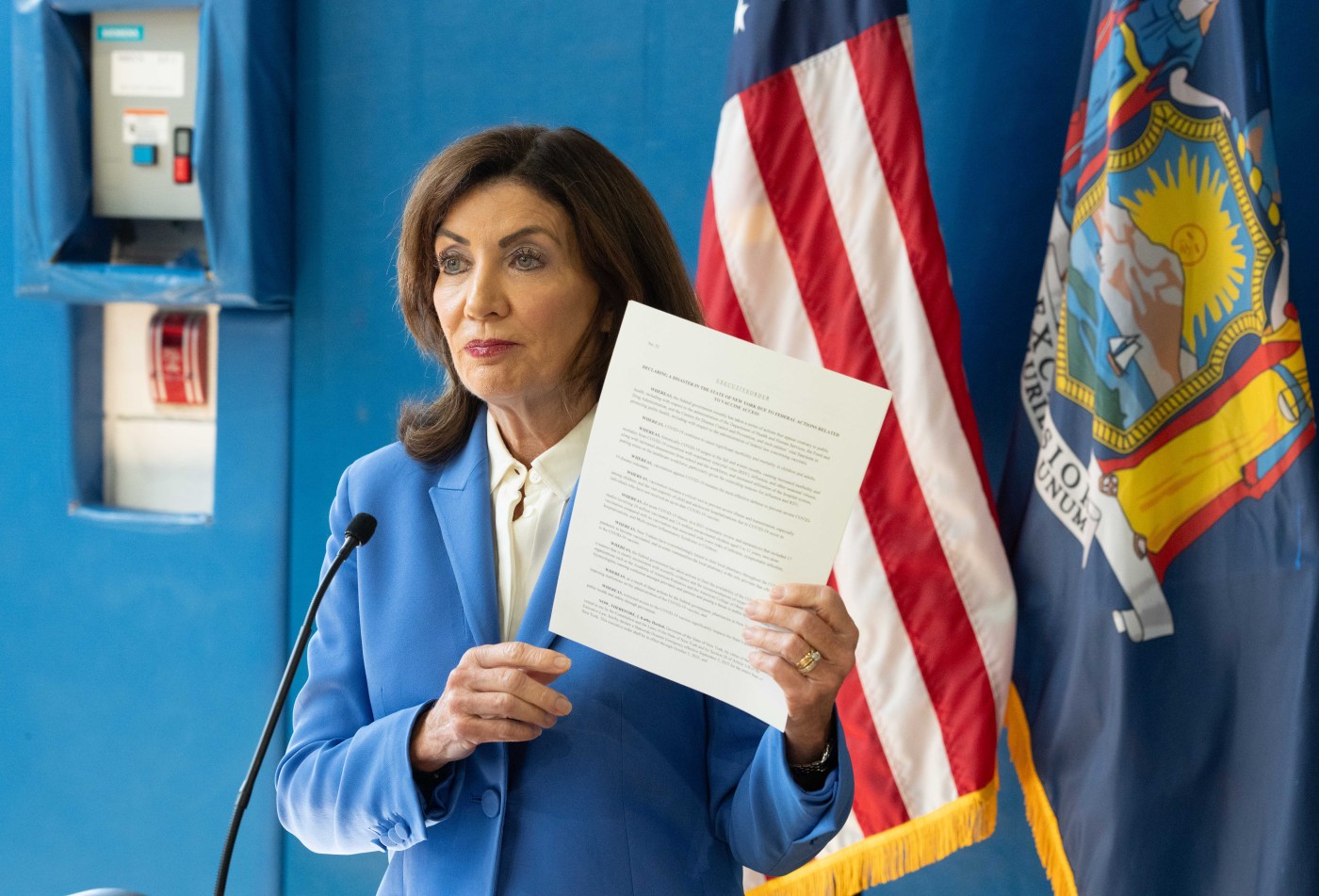Kathy Hochul, the Governor of New York, has issued an executive order allowing all residents to receive the COVID-19 vaccine at pharmacies across the state. This decision comes amid growing concerns regarding federal guidelines perceived as restrictive by many public health advocates. The order aims to enhance vaccine accessibility as the nation grapples with rising vaccine hesitancy.
Governor Hochul’s initiative directly counters recent directives from the Centers for Disease Control and Prevention (CDC) and the Food and Drug Administration (FDA), which some critics argue have been influenced by vaccine skepticism. Notably, Robert F. Kennedy Jr., the controversial Health and Human Services Secretary, has been associated with a movement that questions vaccine efficacy and safety. This has raised alarms among public health officials who emphasize the importance of widespread vaccination in controlling the pandemic.
The executive order reflects a growing recognition that increasing vaccination rates is critical for enhancing community immunity. Public health experts assert that while individual circumstances may prevent some from getting vaccinated, the overall health of the population improves as more individuals receive the vaccine. This principle is rooted in epidemiology and highlights the need for proactive measures to ensure vaccines are readily available.
New York’s approach contrasts sharply with other states, such as Florida, where leaders have actively discouraged vaccination efforts. Critics warn that such policies could lead to detrimental health outcomes, particularly as seasonal illnesses like flu and COVID-19 resurge in the autumn months. By contrast, states that prioritize vaccination access may be better equipped to handle potential spikes in cases.
The governor’s order also aims to address the various factors contributing to vaccine hesitancy. Many potential vaccine recipients cite a lack of trust in institutions, alongside concerns about the pharmaceutical industry’s motivations. Despite these challenges, data suggest that a significant majority of Americans favor vaccination as an effective means of preventing serious illness.
In light of this, Governor Hochul’s actions are positioned as a necessary step in safeguarding public health and ensuring that New Yorkers have equitable access to vaccines. The hope is that her leadership will inspire similar actions in other states, particularly those where access has been restricted or discouraged.
As the nation continues to navigate the complexities of public health in the wake of the pandemic, the focus remains on ensuring that all individuals have the opportunity to protect themselves and their communities through vaccination. New Yorkers are encouraged to reflect on the implications of health policies in other states and consider how these decisions impact overall public safety.
Moving forward, the effectiveness of this policy will be closely monitored, as the outcomes in New York may serve as a blueprint for other regions grappling with vaccine access challenges. The ongoing dialogue about vaccination, public health, and government responsibility is likely to remain a pivotal issue in the months ahead.

